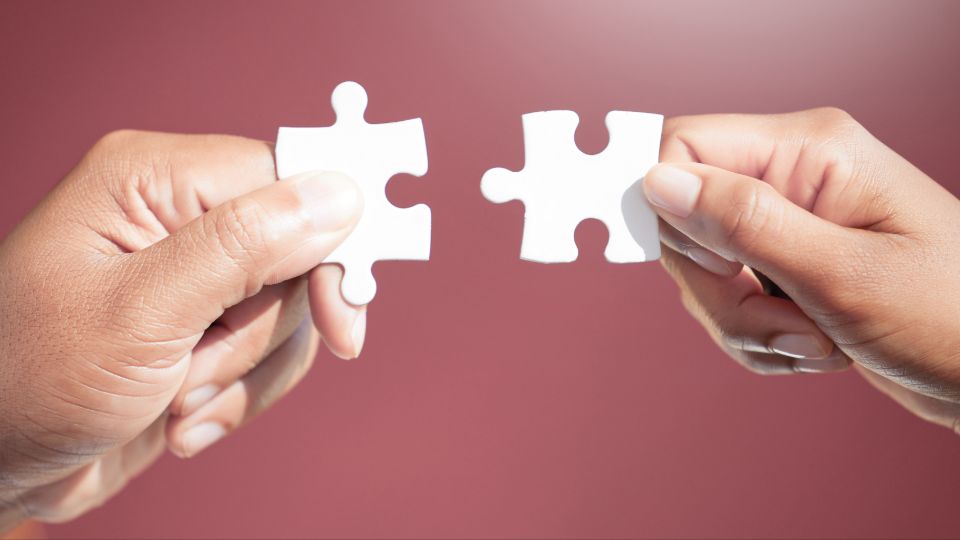ERP vs CRM: Breaking Down the Differences
In the modern business landscape, software solutions like Enterprise Resource Planning (ERP) and Customer Relationship Management (CRM) systems play essential roles in streamlining operations and enhancing customer interactions. While they share similarities, they serve distinct purposes. Understanding the differences between ERP and CRM systems is key to selecting the right tools for your business.
What is ERP?
ERP (Enterprise Resource Planning) refers to a suite of integrated applications designed to automate and manage core business processes. These include finance, human resources, supply chain, inventory, manufacturing, and more. ERP systems help businesses centralize and streamline their operations by providing a unified platform for managing resources and ensuring smooth workflow across departments.
Key Features of ERP:
- Financial management and accounting
- Supply chain management and logistics
- Inventory and order management
- Human resources and payroll management
- Data reporting and analytics
Benefits of ERP:
- Improved operational efficiency
- Reduced manual errors
- Better decision-making with real-time data
- Enhanced collaboration between departments
What is CRM?
CRM (Customer Relationship Management) focuses on managing and analyzing customer interactions throughout the customer lifecycle. It enables businesses to build better relationships with customers, increase sales, and improve customer retention. CRM systems track customer data, communication history, and purchase behavior to help companies tailor their marketing, sales, and customer support efforts.
Key Features of CRM:
- Contact and lead management
- Sales pipeline tracking
- Customer service and support management
- Marketing automation
- Data analytics and reporting
Benefits of CRM:
- Better customer relationships
- Improved customer retention and loyalty
- Enhanced sales performance through lead tracking
- Streamlined communication with customers
Key Differences Between ERP and CRM
- Primary Focus:
- ERP: Focuses on internal business processes, including operations, accounting, and resource management.
- CRM: Focuses on managing customer relationships and improving customer-facing activities such as sales, marketing, and support.
- Target Audience:
- ERP: Typically used by departments like finance, HR, supply chain, and operations.
- CRM: Primarily used by sales, marketing, and customer service teams.
- Integration:
- ERP: Integrates various business functions like accounting, inventory, and HR into a single system.
- CRM: Integrates customer-facing activities such as sales tracking, marketing campaigns, and customer service.
- Data Type:
- ERP: Deals with operational data, including resources, inventory, and finances.
- CRM: Focuses on customer data such as contact details, purchase history, and customer behavior.
Conclusion
Both ERP and CRM systems are crucial for business success, but they serve different purposes. ERP streamlines internal processes, while CRM enhances customer interactions and sales. Depending on your business needs, you may choose one or integrate both to achieve maximum efficiency and growth. Understanding the distinction between ERP and CRM is essential for selecting the right system to drive your business forward.
